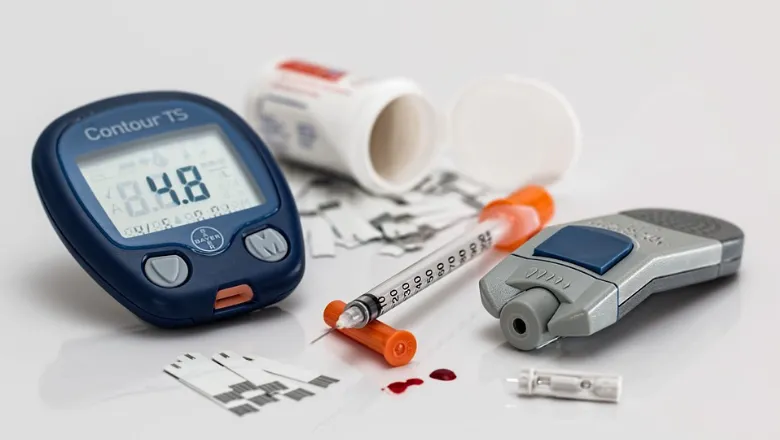Nearly half a billion people worldwide currently have diabetes and it is essential that novel drugs are developed that can allow proper regulation of blood glucose levels.
Professor Shanta Persaud
15 January 2020
Drug used to treat obesity provides diabetes therapy promise
Researchers from King’s have found that a drug previously used to treat obesity can increase insulin levels in human cells.

Type 2 diabetes occurs when specialised cells, called beta-cells, in the pancreas do not produce enough of the hormone insulin or cells in the body do not respond properly to the insulin that is released. This leads to very high levels of glucose in the blood, which can have life-threatening consequences for people with diabetes.
In a study published in Cellular and Molecular Life Sciences, researchers investigated the direct effects of drugs called Acomplia and AM251 on beta-cells. Acomplia was once used to treat obesity but was withdrawn due to serious psychiatric side effects.
They found that Acomplia stimulated insulin release and increased the numbers of beta-cells in the pancreas. These effects were observed in human beta-cells, suggesting that the results of this study are directly applicable to improving beta-cell function in patients with diabetes.
Lead author, Dr Inmaculada Ruz Maldonado, said: “It is very exciting that we found Acomplia has beneficial effects at beta-cells as this could be useful in reducing the amount of glucose in the blood.”
Professor Shanta Persaud, senior author said, “Studies such as this provide important information about how we can improve beta-cell function for patients and this type of research will help us to identify candidates for future drug development.”
The next steps in this research will be to identify how Acomplia and AM251 act at beta-cells. In addition, modifications would need to be made to Acomplia to stop its previously reported side effects.

